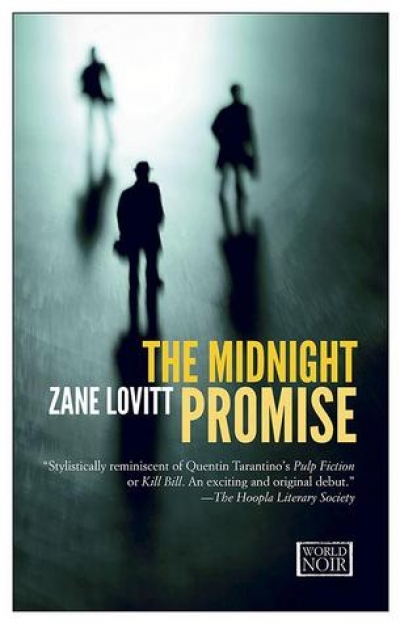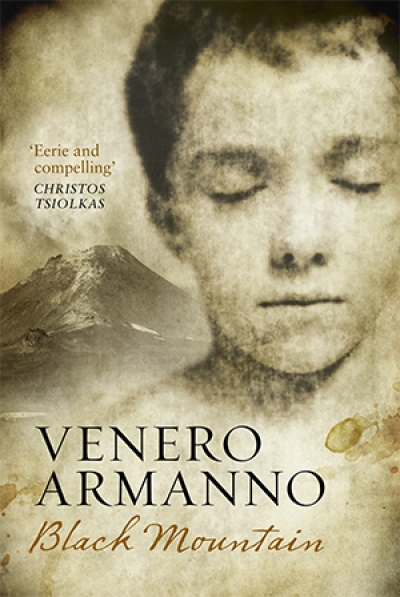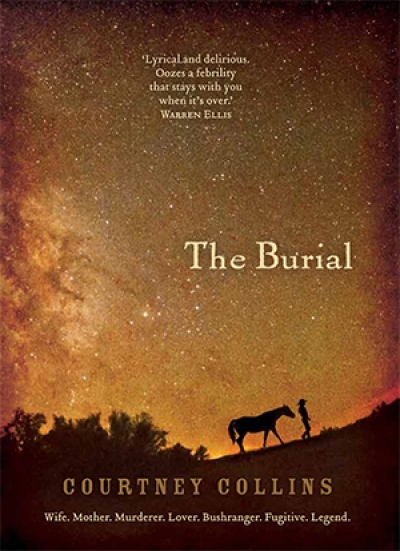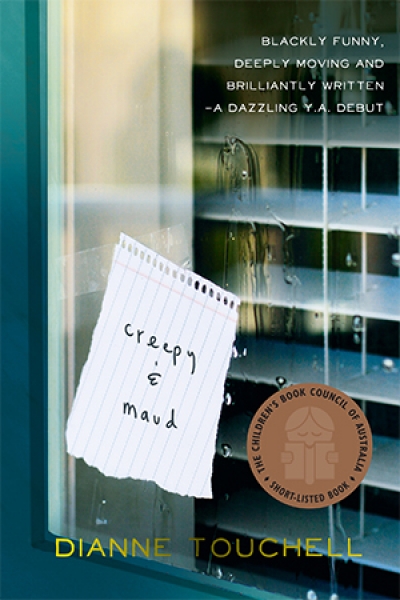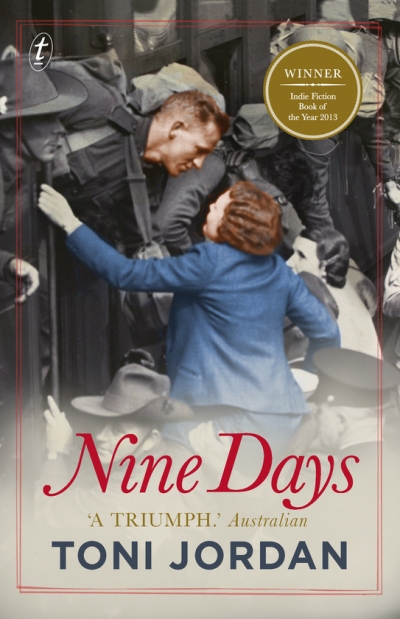Fiction
It is no secret that Lily Brett has mined her past and her family history in her fiction. Her parents, like those of her current alter ego, Lola Bensky, were survivors of the Łódź ghetto and Auschwitz concentration camp; Lola, like the author, was born in a displaced persons’ camp before her family emigrated to Australia. Lola, a chubby baby, was possibly the only plump person in a camp whose other inmates were mainly Jewish survivors of Nazi death camps. Save quoting at length, it is impossible to convey the inflections that render humorous such an observation.
... (read more)Alice Melike Ülgezer’s début novel is both exotic and familiar: a story of journeys, physical and philosophical, of a family with its roots in Istanbul and Melbourne. The first of these is a short ferry crossing of the Bosporus taken by Ali, a young woman (or is she a young man? gender seems immaterial here) from Melbourne who is in Istanbul to visit her father’s family. Her father – variously named Akyut, Ahmet, Ayk, Baba, and Captain Schizophrenia – is present. In the pre-dawn darkness, he is troubled, not an unusual state for him. The wild behaviour of this unstable but magnetic man forms something of a catalogue aria in the book, occasionally amusing but more often horrifyingly violent.
... (read more)The Midnight Promise, Zane Lovitt’s début novel, is billed not as a detective story, but as a detective’s story. It is a minor grammatical change that makes for a major shift in the focus of the tale. Here there is no major dramatic revelation – no car chase, forensic science, femme fatale. Instead, the reader is offered a character study of a man slowly succumbing to depression, apathy, and alcoholism; worn down by his cases and by his inability to maintain his independence from them.
... (read more)Venero Armanno’s latest novel begins implausibly. A young man is troubled by a recurring dream about a faceless, one-armed, blob-like creature being throttled by someone wearing a pale blue shirt. This troubled dreamer is Mark Alter (the unsubtle last name underlines one of the book’s central concerns), a university drop-out estranged from his parents and now leading a grungy existence in a seaside shack. The cavalcade of unlikely events starts on page four. After watching a so-called ‘cheap slasher film’ at his local cinema, Mark decides to turn his nightmare into a screenplay about ‘a shape-shifting demon from the Id’. The title? No-Face, of course. Mark sends his work to various producer types. One of these bigwigs replies by telephone (this is a novel where implausibilities are piled very high indeed) and accuses Mark of plagiarism. According to this famous producer, No-Face has ripped off the obscure novel Black Mountain, written five years before by the equally obscure Cesare Montenero.
... (read more)Test cricket and the novel are two pinnacles of modern cultural achievement, long-haul enterprises of intricacy and complexity. Why, then, have the two rarely intersected? It is especially strange given that cricket has arguably had more books devoted to it than has any other sport. Literary-minded cricket lovers will rhapsodise over the prose style of C.L.R. James or the nostalgic elegance of Neville Cardus, but few books about cricket have been fiction, and even fewer of them have been much good. While Joseph O’Neill’s recent Netherland (2008) was a fine offbeat novel that featured cricket, there have been no great works of cricket fiction. Until now.
... (read more)In To the Highlands, the second instalment in a trilogy entitled ‘One Boy’s Journey to Man’, Jon Doust provides a gripping examination of racism and male sexuality in 1960s Australia.
... (read more)In the cheeky biographical note on the press release for her first novel, The Burial, Courtney Collins expresses a wish that she might one day be ‘a “lady” poet’. If I had read that before reading the novel, I would have been slightly alarmed: with many notable exceptions, poets tend not to make good novelists. It is true that The Burial is finely written, with a lovely ear for the cadences of language, but it also has an urgent narrative drive, along with a strong awareness of place, compelling characters, and a whiff of magic realism to enliven the mixture.
... (read more)From the first sentence of Creepy & Maud, we know we are entering a volatile world. ‘My dad has trained our dog, Dobie Squires, to bite my mum,’ Creepy tells us. What follows is a vivid peek into suburban isolation and unease. Almost every character has an addiction or psychological disturbance, from alcoholism and untameable aggression to dyslexia and obsessive compulsions. This society is one where children prefer ‘being smacked to being touched’, intimacy is avoided, and voyeurism and exhibitionism emerge as the only ways to connect.
... (read more)Happy Valley is the first of Patrick White’s novels and it is a consistently compelling book, as well as the exhilarating performance of a great writer in the making. Everyone knows the legend, rooted in truth: that Patrick White finds his voice as a consequence of the war and after discovering the love of his life in Manoly Lascaris; and that the first in the long line of his masterpieces is The Aunt’s Story, which he brings back to Australia with him in 1946, the token of his love/hate for the country which provides the enduring matter of his great works, the intimately suffered homeland which he cannot separate from the compulsions of his own heart.
... (read more)Toni Jordan’s third novel, after the successful Addition (2009), takes its story from a photograph that graces the cover and that the author tells us she pondered for a long time. It is a romantic wartime scene, a crush of bodies at a Melbourne train station, mostly with soldiers bound for their unknown futures. A woman has been lifted by a stranger on the platform so she can farewell her sweetheart. Jordan tells us the story came to her unexpectedly: ‘grand and sweeping, but also intimate and fragile.’ From this one image nine characters emerge whose lives are interconnected and whose voices will be heard individually in the ensuing nine chapters.
... (read more)


